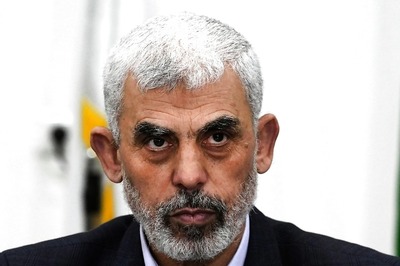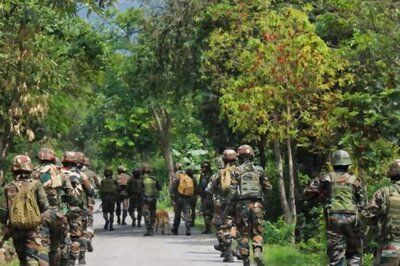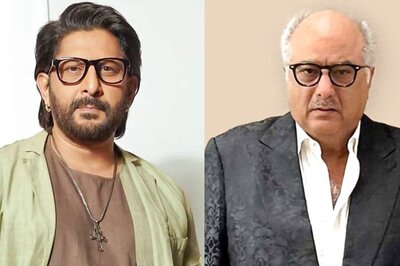
views
The Union Public Service Commission (UPSC) in a now-withdrawn notification had announced to recruit Joint Secretaries, Directors and Deputy Secretaries through lateral entry. The announcement witnessed criticism from opposition parties, claiming it undermines the reservation rights of OBCs, SCs and STs, which forced the Narendra Modi government to revoke the decision.
Concept first introduced By Congress’ UPA government
However, the concept of lateral entry first introduced under UPA-I government, and strongly endorsed by the Second Administrative Reforms Commission (ARC), established in 2005 and chaired by Veerappa Moily. The ARC was tasked with recommending reforms to make the Indian administrative system more effective, transparent, and citizen-friendly. In its 10th Report titled ‘Refurbishing of Personnel Administration – Scaling New Heights’, the Commission emphasised the need for reforms in personnel management within the civil services. One of its key recommendations was to introduce lateral entry into higher government positions requiring specialised knowledge and skills.
Manmohan Singh proposed 10% lateral entry:
It was also proposed by the Congress-led UPA-II government. On the recommendation of the sixth Central Pay Commission, the Manmohan Singh government had in January 2011, proposed to open up to 10% of posts at the Joint Secretary level for “lateral induction from private sectors’” as reported by The Indian Express.
As per the report, a note by the Department of Personnel and Training (DoPT) had said that the lateral entrants “would be selected by UPSC based on their CVs and an interview/limited competitive test.”
The commission had recommended the PMO of identifying several posts which require technical or specialised skills/ knowledge not “encadred” in any of government services to be filled with suitable candidates on contract.
In 2013, DoPT and UPSC examined the recommendations with the latter agreeing “to make selection according to its mandate.”
As per the records accessed by the national daily, a concept note on the proposal was communicated and various ministries and departments were asked to identify posts requiring specified skillset and knowledge. The note was recirculated in June 2014 but, according to official records, “very few” responses were received and the proposal didn’t take off.
Lateral entry in Modi’s tenure:
In 2014, the government changed and Narendra Modi took over the charge as prime minister. During his tenure in 2017, the lateral entry scheme was again discussed and was decided to keep the UPSC out of the ambit and the process would be carried by two selection committees made of Secretaries and external experts.
However, the DoPT flagged that the UPSC (Exemption from Consultation) Regulation would have to be amended if these posts were to be filled via this method. As the members of these services are initially recruited by UPSC, the Commission is not consulted while picking such officers on deputation. Under the lateral entry scheme, the field of selection was wide open to external candidates and since “these posts will have the character of other Group ‘A’ posts of Central Government…consultation of UPSC is mandatory.”
So, the government decided to hand over the lateral entry recruitment to the UPSC.
In 2018, it was formally introduced and announced vacancies for senior positions such as Joint Secretaries and Directors, marking the first time that professionals from both the private and public sectors were invited to apply for these high-level roles.
The UPSC said it would recommend one candidate at a time and keep two other names on the reserve list for each post. It further clarified that the process of selection is being considered as a one-time affair and not a routine process to be continued every year.
This initiative was influenced by the recommendations of the second ARC, which had earlier laid the conceptual groundwork for lateral entry.


















Comments
0 comment